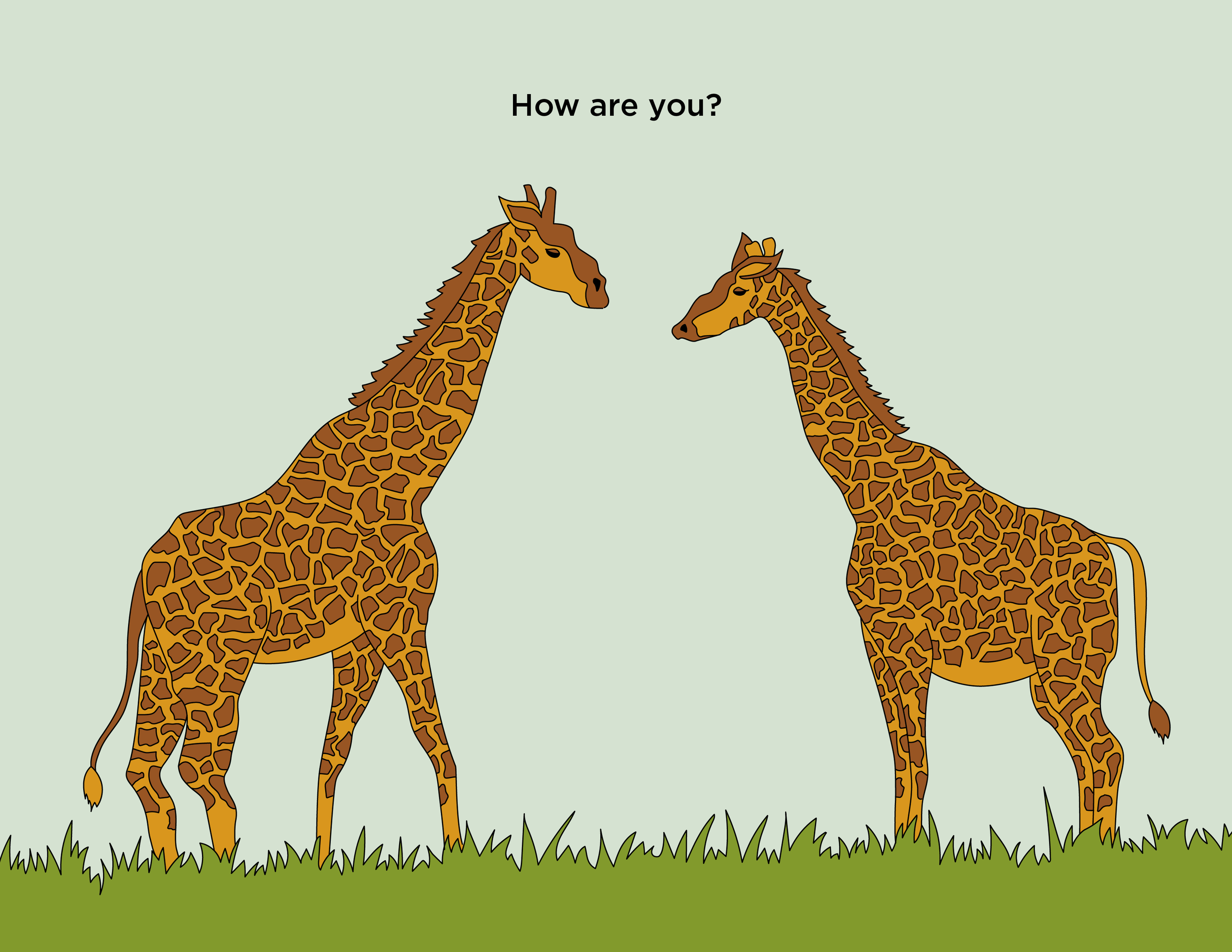Take care of yourself. Take care of your family.
We had other content planned for this week, but as we look around at the Maliasili team we feel drained. While there are some places in the world where life is starting to crawl back to ‘normal,’ there are many others, especially in the places where we work in east and southern Africa, where things are not. COVID is ravaging Namibia, on a sharp increase in southern African. East African countries are experiencing their third COVID wave and vaccine roll-outs are slow and limited. Maliasili colleagues and our families and friends have been sick and we’ve experienced losses, and we know our partners are going through the same.
So this week our top tip is simply this: Take care of yourself. Take care of your family, your friends, and your colleagues. Make your well-being and safety a priority; put it on the very top of your to-do list.
Here are a few other useful reminders to help you and your team get through this difficult time:
Lead with Care.
Take care of yourself. In order to care for others you must begin with yourself. Practicing self-care is the start to being able to support those around you who may be struggling.
Take care of your team. Prioritize your team’s well-being above all else and allow your team to manage the stresses they face in the way that works for them.
Put compassion and your team’s needs first. Take time to check in and listen to your team. Ask people how they are doing. Don’t expect anyone to perform at 100% all of the time. Ask how people are doing, and take the time to really listen.
Give space for people to surface their challenges, fears, concerns. Don’t assume you know how people feel or understand what they’re experiencing. Dedicate time and space to listen.
Notice how your team is doing - it's not always easy for people to recognise or acknowledge that they may be battling or need a break. Look out for tell-tale signs (people may be distracted, tired, not as productive as normal, struggling to take easy decisions or complete day-to-day tasks).
Help avoid burnout.
Encourage people to take a break. While it might be hard to switch off or get away, people still need time away from work, where they can focus on themselves and their families. You can lead by example and take leave and celebrate those who do too.
Consider flex time. Right now your team might not be operating at their full potential. Consider letting them set the hours when they want to work, so they can work at a time when they are the most productive and focused.
Take technology breaks. It can sometimes feel impossible to step away from our computers or our phones, but taking breaks from technology helps ease your mind. A few strategies: put your phone in a drawer or in a different room at night; mute notifications on your phone; take notes in a journal; set aside time each day where you are ‘screen free’; put your phone away during social situations.
Take time for things you enjoy outside of work. We need breaks from work to reset, but when we get busy we often put our own interests last. Ask yourself, “am I making time for doing the things I enjoy and that are important to me?” And, look around you, “is my team working too hard?”
Practice gratitude. Research has shown how the simple practice of recording (perhaps by journaling) or expressing (sharing with others) gratitude has considerable emotional and physical benefits (lowers stress, reduces symptoms of depression, improves sleep, builds resilience). Take a moment each day to note 3-5 things you’re grateful for.
Reach out to others (your colleagues, your professional peers, your friends and family). You’re not alone.
Ubuntu: I am because you are.
The concept of ubuntu is found in almost all African Bantu languages, and there are closely related words found in many other African countries and cultures. The idea promotes the significance of community and connection - that you can’t exist as a human being in isolation. This proverb helps explain its meaning: “a person is a person through other persons.”
Read the full newsletter here: Maliasili Reader Issue 27
For more content like this - sign up to the ‘Maliasili Reader,’ a bi-weekly round-up of our favorite links, tips, and ideas to help conservation organizations thrive.

